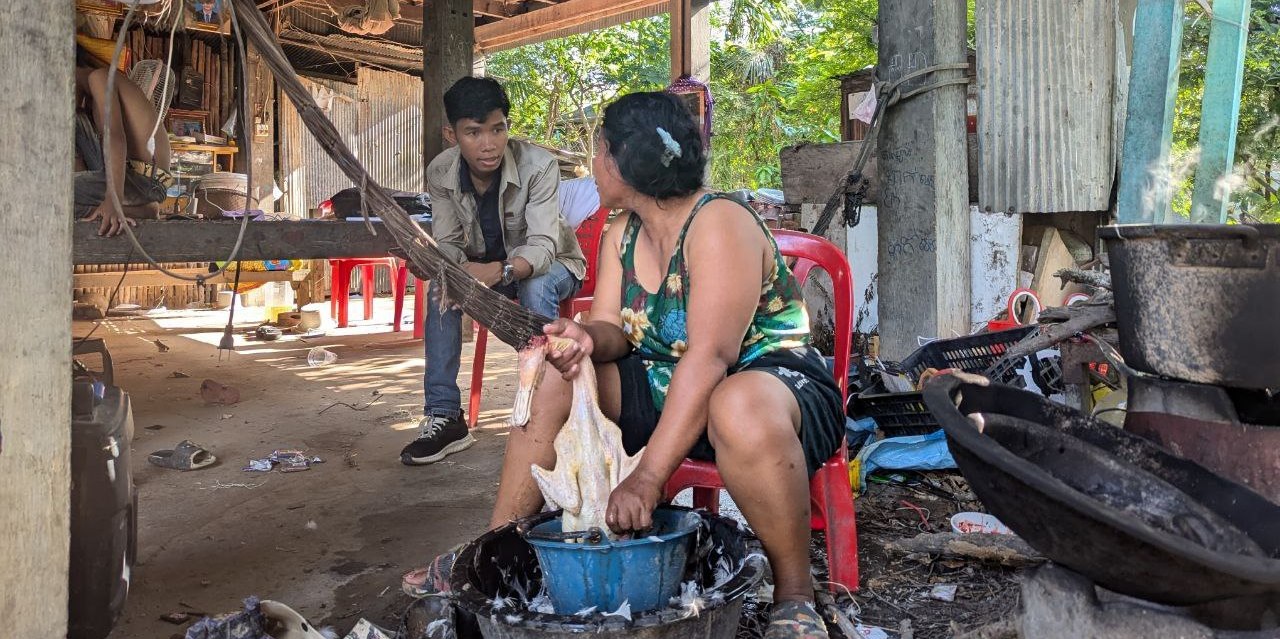Tackling Unpaid Care Domestic Work (UCDW)
in Cambodia (Oxfam)
Gender equality is essential for sustainable development, yet past research has often neglected the role of time-use, particularly in household responsibilities. Our latest study reveals stark gender disparities in unpaid care and domestic work (UCDW), which continues to fall primarily on women and girls. This imbalance limits their opportunities for education, paid work, and personal growth, reinforcing gender inequality. In Cambodia, traditional gender roles, economic challenges, and inadequate infrastructure further intensify these issues. However, the lack of updated national data—unchanged since 2004—makes it difficult to fully grasp the current situation...Read more


